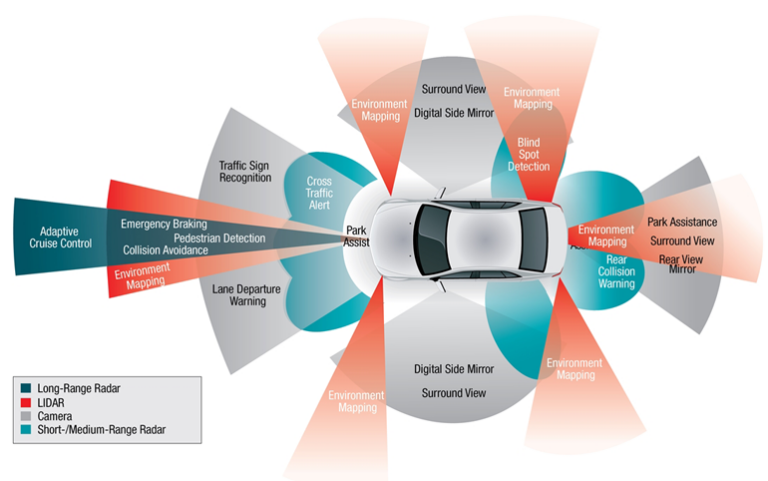Metaverse Ethics
In the not-so-distant future, the metaverse, a sprawling digital universe where people live, work, and play, will become an integral part of our lives. As we immerse ourselves in this futuristic digital realm, it’s crucial to address the ethical questions that arise. Let’s see the complex landscape of metaverse ethics, highlighting the challenges and opportunities that lie ahead in this virtual world.
The Metaverse Unveiled
The metaverse is a convergence of virtual and augmented realities, AI, and interconnected digital spaces where users can interact, create, and experience an alternate reality. It holds the promise of revolutionizing the way we communicate, work, learn, and entertain ourselves.
Ethical Challenges in the Metaverse
- Privacy and Data Security: With extensive data collection and tracking in the metaverse, questions about user privacy and data security become paramount. How can we ensure our personal information remains protected in this digital landscape?
- Digital Identity: In the metaverse, individuals can create and customize their digital personas. However, this freedom raises concerns about identity theft, impersonation, and the blurring of reality and fantasy.
- Virtual Harassment and Bullying: Just as in the real world, the metaverse may see instances of harassment and bullying. How can we establish safeguards and mechanisms to prevent and address such behavior?
- Economic Disparities: Access to the metaverse may be limited by economic disparities. Those who cannot afford the necessary technology and resources may be excluded from this digital world.
Opportunities for Ethical Advancement
- Diversity and Inclusion: The metaverse offers the opportunity to create inclusive spaces where people from diverse backgrounds and abilities can participate equally.
- Digital Literacy: Promoting digital literacy and ethics education can empower users to navigate the metaverse responsibly and recognize potential ethical pitfalls.
- User-Centric Design: Developers and creators can prioritize user-centric design principles, placing ethics at the forefront of metaverse development to ensure a safe and enjoyable experience.
- Blockchain for Identity Verification: Blockchain technology can provide a secure and immutable means of verifying digital identities, reducing the risk of impersonation.
- Decentralization and Ownership: Embracing blockchain and decentralized technologies can empower users to have greater ownership and control over their digital assets and data.
The Intersection of Virtual and Real Ethics
Ethical considerations in the metaverse extend beyond the digital realm. As we spend more time in virtual spaces, the impact on our real-world behavior, relationships, and values becomes increasingly significant. Balancing the ethics of the metaverse with those of the physical world presents a unique challenge.
Final Thoughts
As the metaverse becomes a ubiquitous part of our future, we must proactively address its ethical challenges while seizing the opportunities it offers. By fostering inclusivity, privacy, and digital literacy, we can create a metaverse that enriches our lives while upholding ethical standards. The metaverse is a canvas upon which we can paint a future that blends the best of our virtual and real worlds, and it’s up to us to ensure it’s a masterpiece of ethical innovation.




